Seat has demonstrated new connected car technology that can link to the Internet of Things (IoT) at the Mobile World Congress event in Barcelona.
The concept technology enables Seats to communicate with parking spaces, house-hold appliances and breakdown services, and also allows owners to remotely share their cars with other drivers and wirelessly control devices in their home. The technology has been developed with Samsung, SAP and Accenture, and certain elements could be offered in European Seats this year.
The system that’s most likely to arrive first is a new 'reserve and park' service. Mobile giant Samsung has joined forces with SAP to develop the app, which allows drivers to find, reserve and pay for parking spaces from any location through their car’s infotainment system. The app has already been offered to customers in the US and South Korea, and is expected to be included on new Seats as soon as this year, as long as a deal can be made with leading car parking providers.
“By leveraging standard integration through SAP Vehicles Network (SVN) and SAP HANA Cloud Platform for the Internet of Things, Seat has access to a global parking inventory of on-street and off-street parking,” explained Bernd Leukert, member of the executive board of SAP SE. “Users can secure payments via Samsung Pay and enjoy more seamless integration with numerous parking backend systems.”
Accenture has been developing its own IoT systems with Seat. Its solutions enable car-to-home connectivity, car status alerts and a driver behaviour-monitoring capability.
Drivers can link their car with home appliances such as thermostats and lighting via their car’s infotainment system. Using the car’s geolocation software, settings can be applied automatically when a car is a certain distance from home, and the technology can integrate other IoT devices such as security cameras and wearables, streamlining the relationship between an owner’s property and car.
Using Accenture’s software, smartphones can also replicate elements of a user’s car dashboard to allow remote monitoring of things such as fuel and oil levels, and where the car is parked. The software can even push mechanical alerts and breakdown causes to the smartphone, and relevant information including location and diagnosis can then be directly forwarded on to roadside assistance.
In addition, drivers can allow Accenture’s systems to monitor their driving behaviour, in order to offer advice on improving techniques for efficiency and car performance, as well as to help save money through more effective maintenance.
“In this project with Seat, we’ve been able to quickly develop an industry-specific solution that proves the potential of the IoT in connected vehicle ecosystem,” said Joan Cavallé, managing director in Accenture’s automotive practice. “The fact it also integrates with the connected home ecosystem and mobile devices is an indication of the future, and of how the connected world will really look in a few years.”

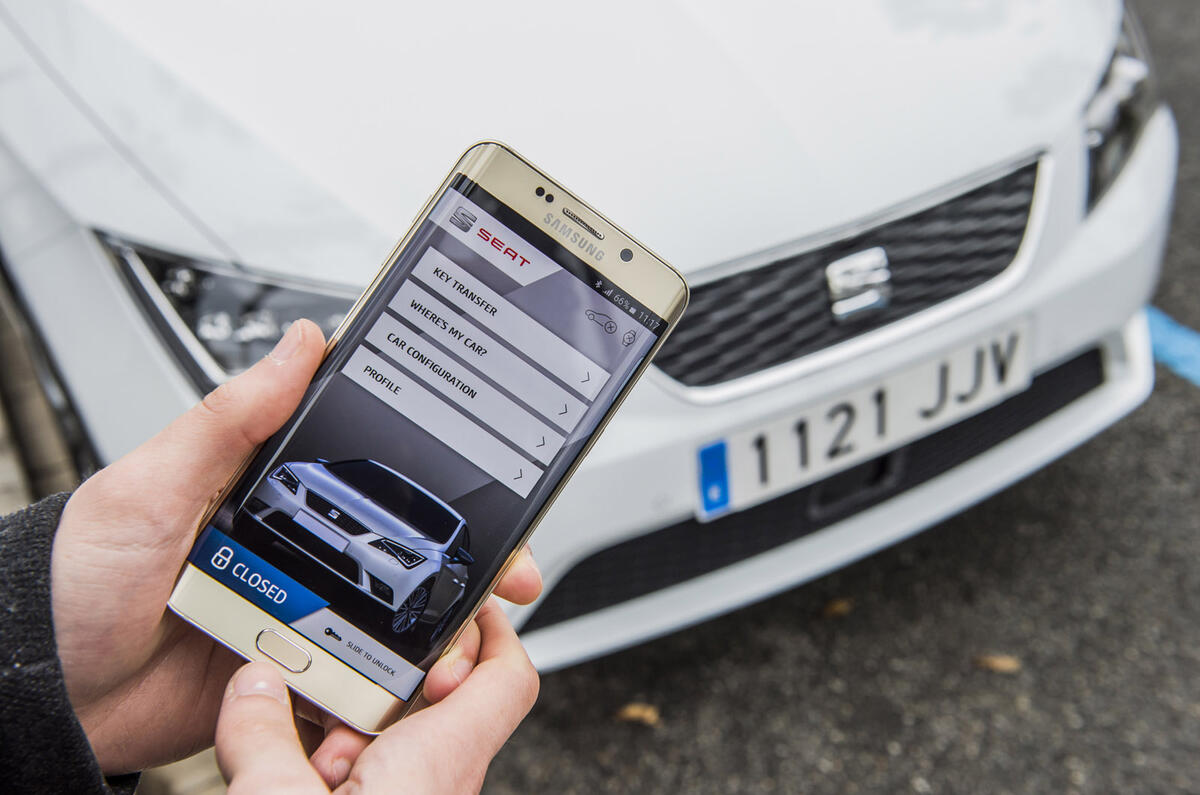
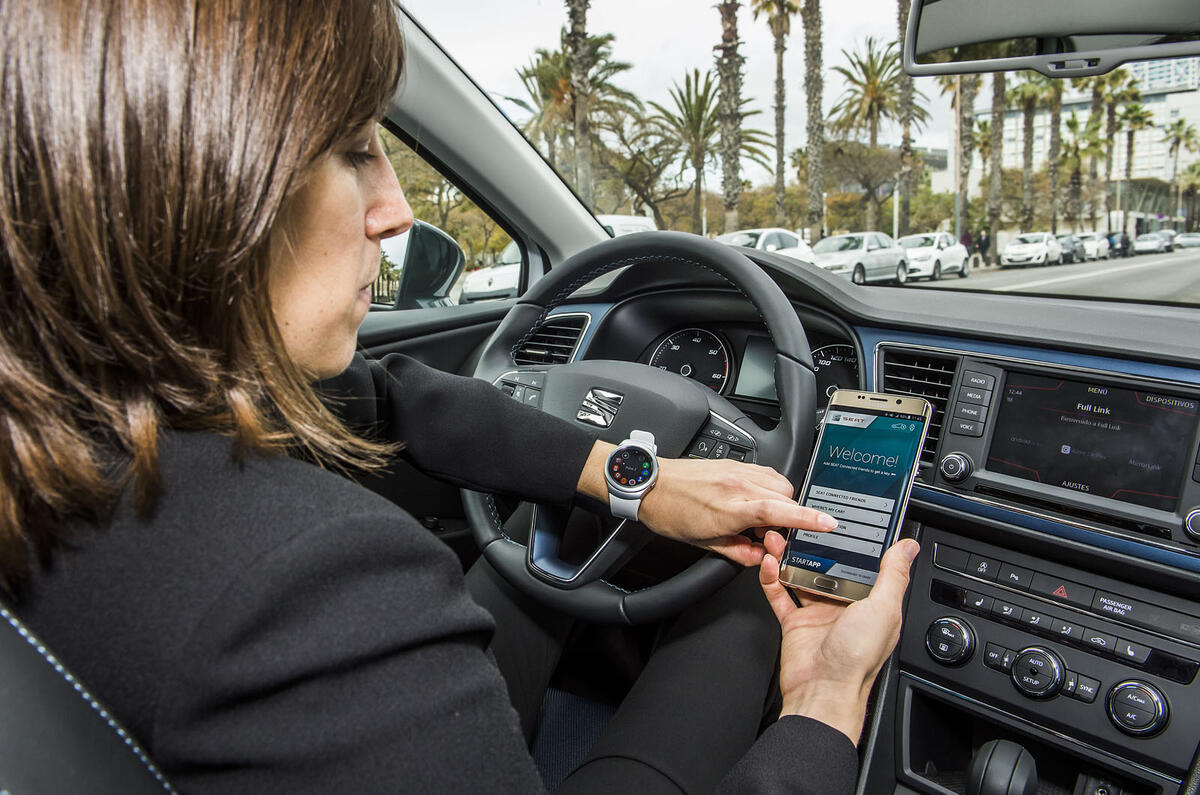
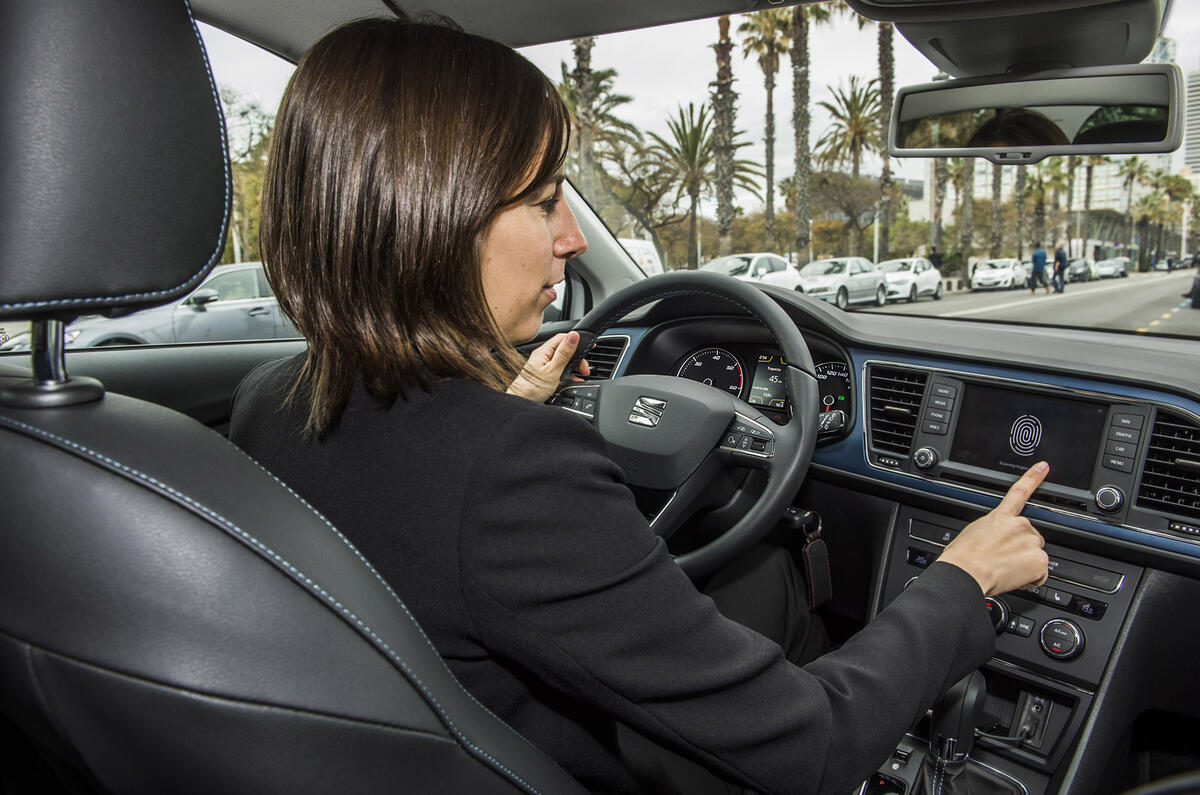
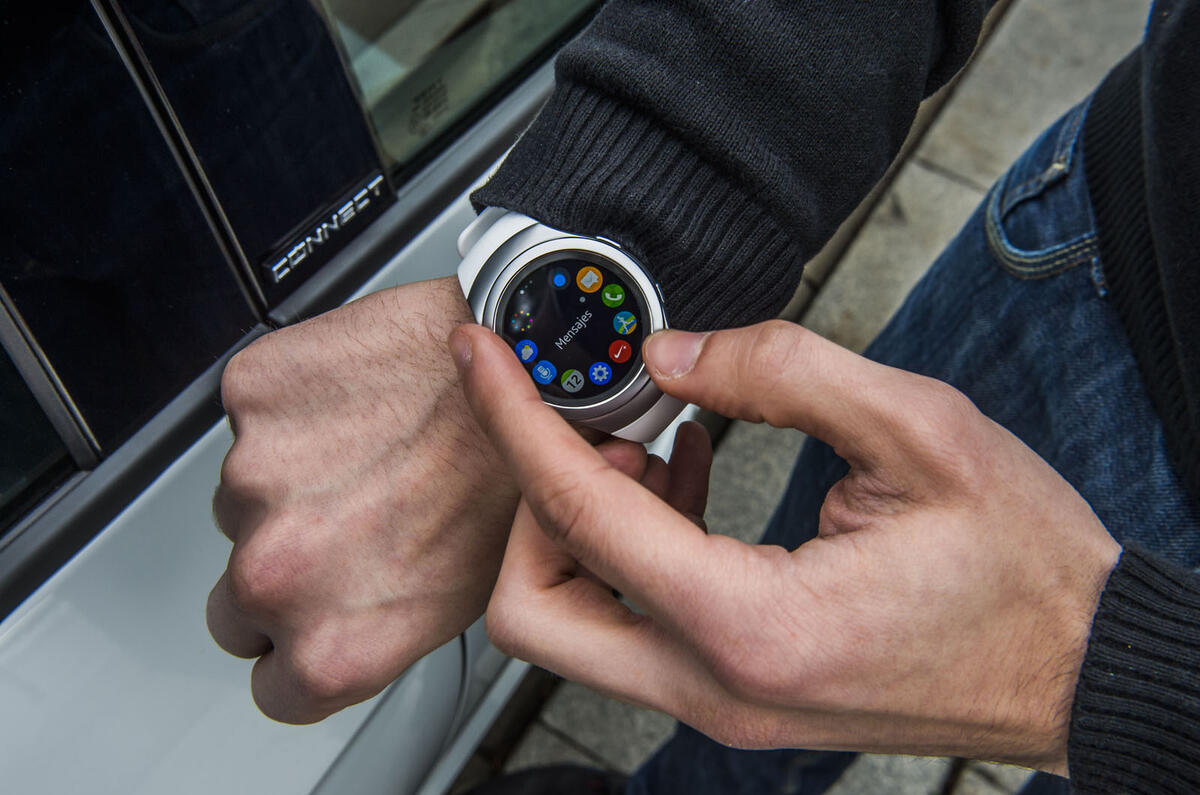
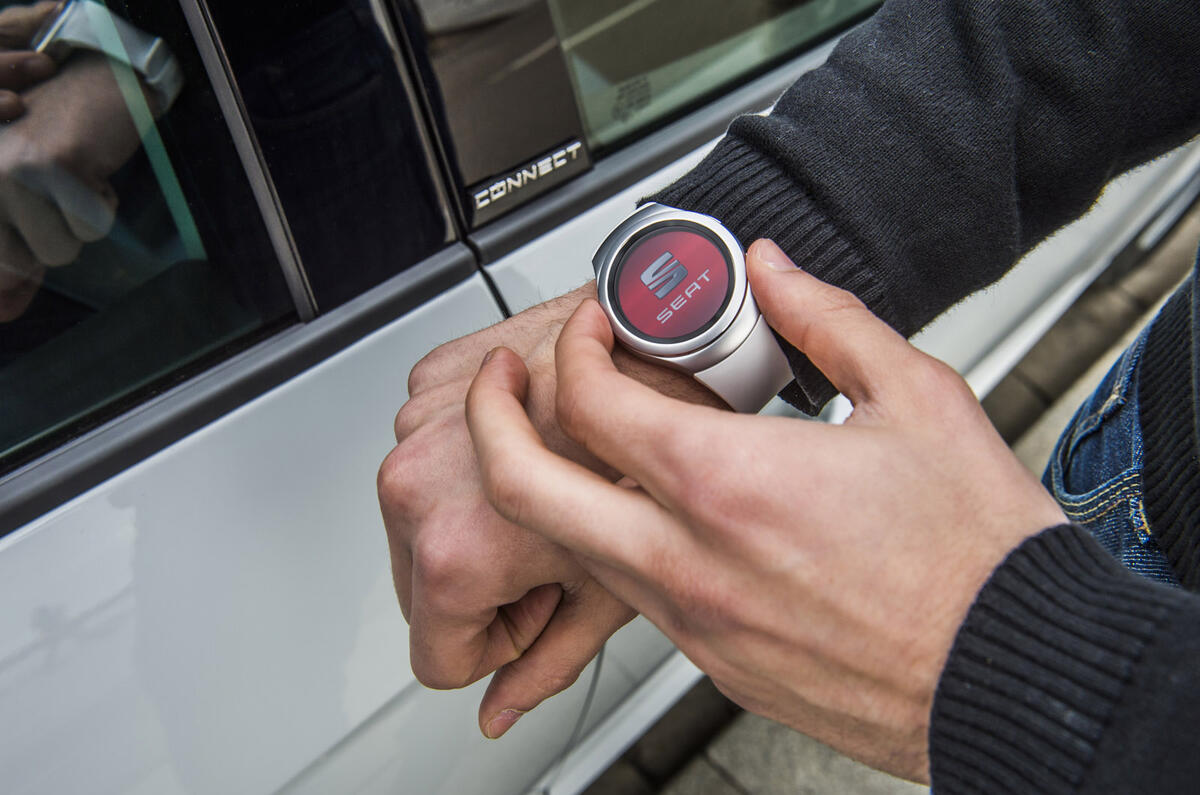
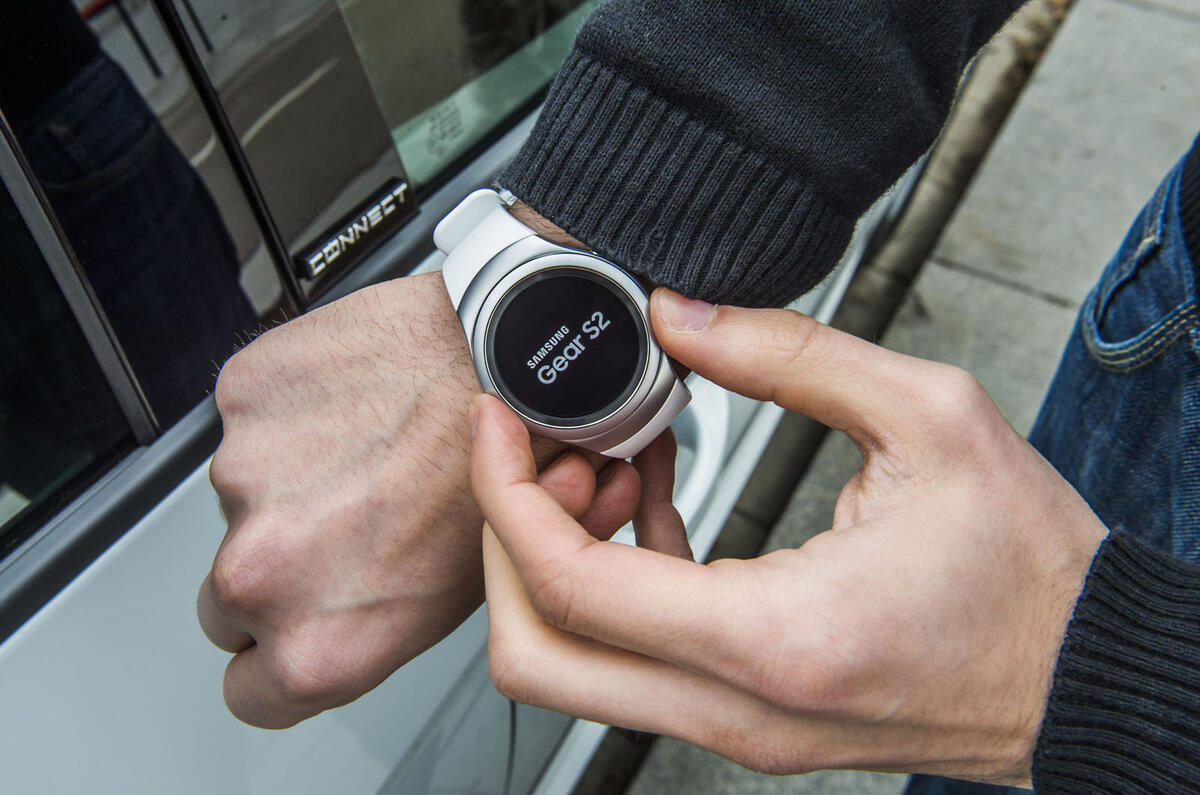
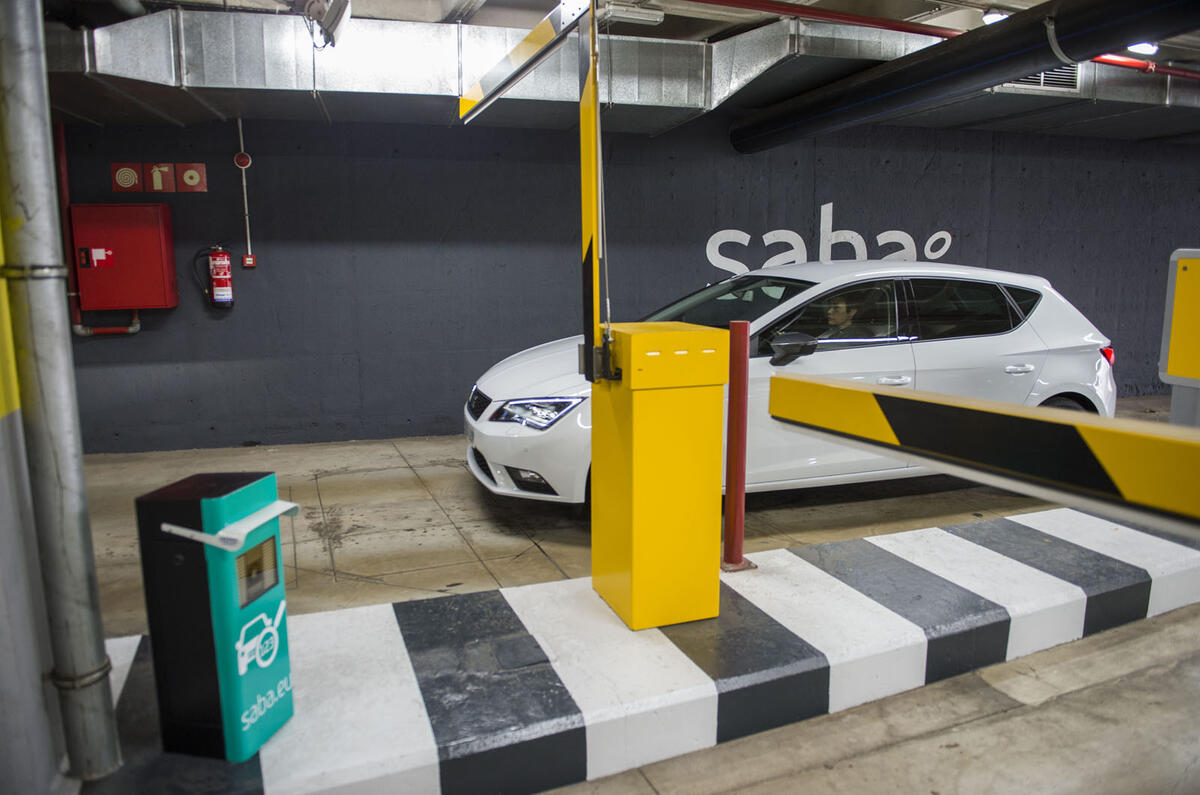
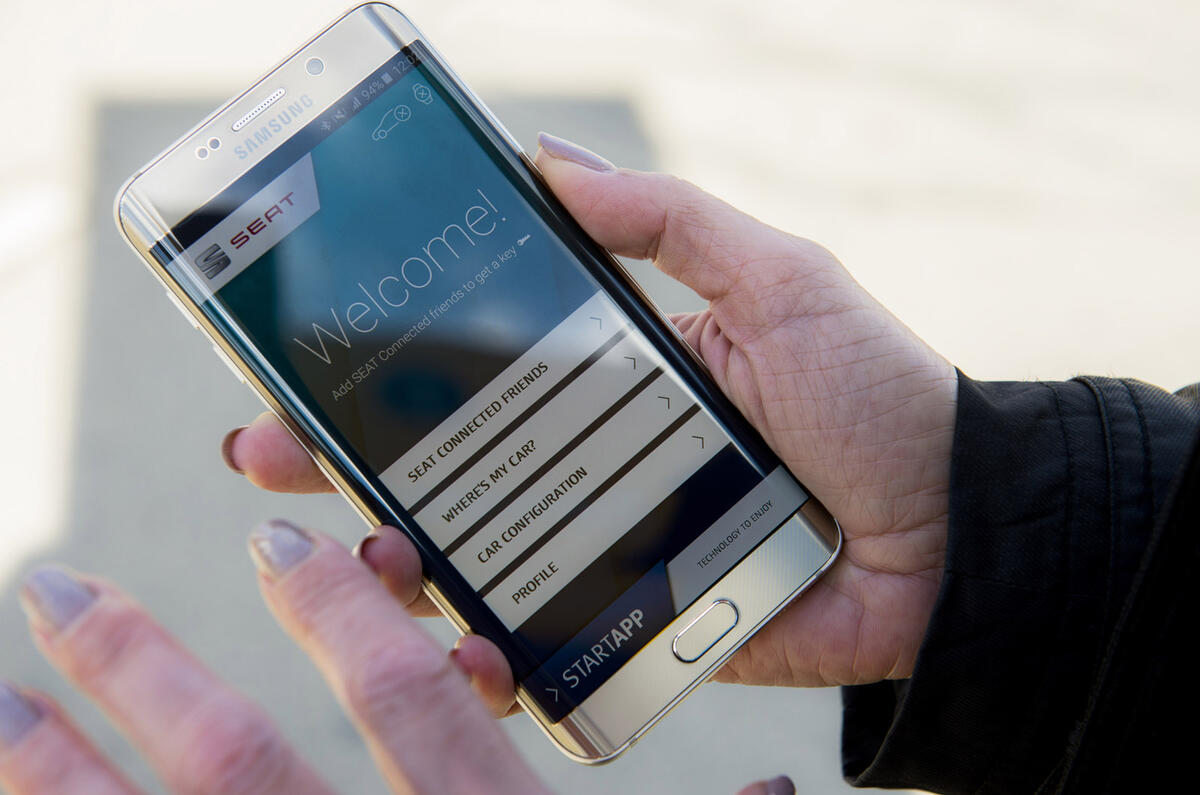
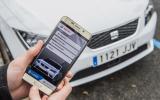
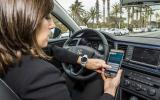
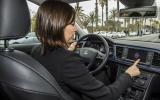
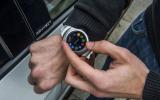
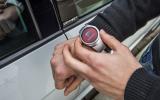
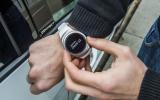
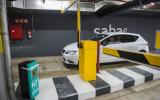




Add your comment